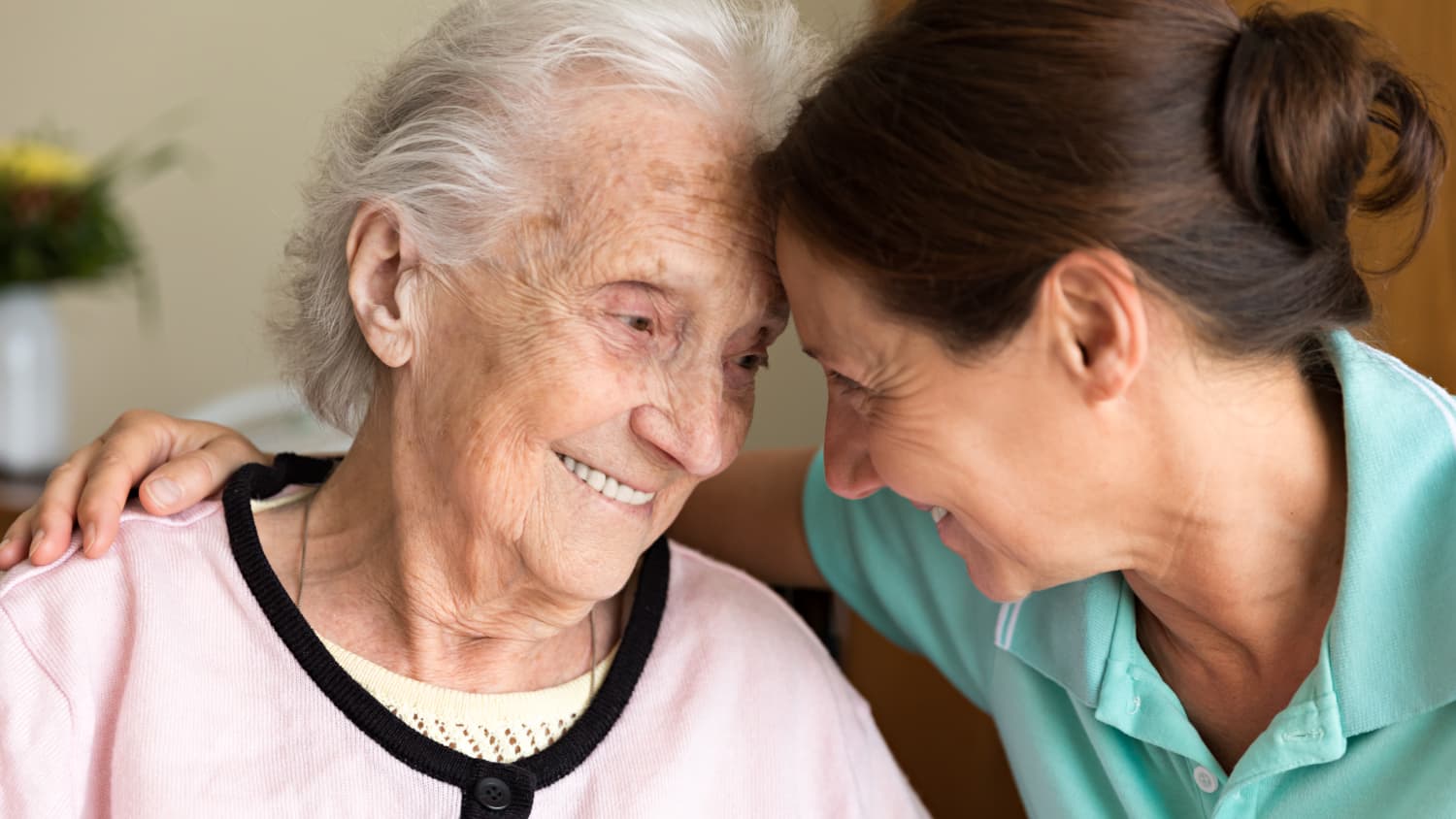Alzheimer’s Treatment: Coping with Behavioral Changes
Learn more about Alzheimer’s Treatment in Dubai with Doctor At Home. Book an appointment today for personalised care and advanced therapies.

Behavioral changes are a common part of Alzheimers disease progression. As memory and cognitive functions decline, individuals may express themselves differently, leading to confusion, frustration, or even aggression. These changes are not intentional but are part of how the disease affects the brain. Let's delve into Alzheimer's Treatment Dubai.
Common Behavioral Symptoms in Alzheimers
Its important to recognize that behavioral symptoms can vary greatly. While some individuals may become more withdrawn, others may show signs of restlessness or agitation. Understanding the types of changes helps caregivers respond more calmly and effectively.
Agitation and Restlessness
Individuals might pace, become easily upset, or fidget often. This can result from unfamiliar surroundings, fatigue, or an inability to communicate needs.
Aggression and Irritability
Verbal or physical aggression may occur, especially in unfamiliar or stressful situations. Triggers may include discomfort, confusion, or fear.
Mood Swings and Depression
Sudden mood shifts and signs of depression can arise. Feelings of sadness, loss of interest in activities, or tearfulness are common emotional responses.
Suspicion and Paranoia
People with Alzheimers might accuse others of stealing, hiding items, or plotting against them. These beliefs are often the result of memory loss or confusion.
Approaching Behavioral Changes with Patience
Responding to behavioral symptoms with patience is essential. It helps to remember that these actions are not directed personally. Instead, they are manifestations of changes happening in the brain.
Practice Gentle Communication
A calm voice and reassuring body language can reduce anxiety. Avoid arguing or correcting, and instead offer comfort and simple explanations.
Create a Safe and Familiar Environment
Consistency and routine can bring comfort. Reducing noise, clutter, and overstimulation helps minimize confusion. Familiar objects and photographs may also provide a sense of security.
Provide Distraction and Redirect Attention
When a behavior becomes challenging, gently shifting focus to a pleasant activity like listening to music or looking through a photo album can be effective.
Supporting Emotional and Mental Well-Being
Supporting emotional wellness is just as important as managing physical symptoms. Creating a supportive and calm atmosphere can significantly reduce the intensity of behavioral symptoms.
Encourage Gentle Activities
Activities that align with the individual's capabilities can improve mood and reduce frustration. These might include folding towels, simple crafts, or watering plants.
Promote Physical Movement
Light physical activity can help manage restlessness and support overall well-being. Short walks or stretching sessions tailored to the individuals abilities can make a difference.
Building Support for Caregivers
Caregivers also need emotional and practical support. Managing behavioral changes can be stressful, and self-care is essential to continue providing compassionate care.
Establish Daily Routines
Predictable daily patterns can offer reassurance to the individual and ease caregiving tasks. Routines also help reduce the likelihood of confusion and anxiety.
Take Time to Recharge
Its important for caregivers to rest and take time for themselves. Whether through short breaks or engaging in personal hobbies, these moments help prevent burnout.
Seek Emotional Encouragement
Sharing experiences with others in similar situations can provide comfort and new ideas for handling challenges. Support groups or community forums can be valuable spaces for connection.
Communication Strategies for Difficult Moments
Being prepared with thoughtful communication strategies can ease difficult interactions. Nonverbal cues like facial expressions and tone of voice play a large role in how messages are received.
Keep Language Simple and Clear
Use short sentences and a warm tone. Repeating key points gently and offering visual cues can help the individual understand better.
Validate Feelings
Rather than correcting inaccuracies, acknowledging emotions helps ease tension. Phrases like I understand this is upsetting can soothe distress and show empathy.
Allow Time to Respond
Processing time may be slower, so allow pauses for responses. Avoid rushing the conversation or showing impatience.
Adapting the Environment to Support Calmness
A peaceful and organized environment helps prevent overstimulation and supports emotional balance. Making small changes can greatly affect behavior and comfort.
Use Soft Lighting and Calming Colors
Bright lights or loud colors can be overstimulating. Choosing soft tones and natural lighting can create a calming space.
Remove Potential Triggers
Limiting background noise, avoiding crowded spaces, and minimizing abrupt changes in the environment can prevent behavioral flare-ups.
FAQs
What Causes Behavioral Changes in Alzheimers?
Behavioral changes result from damage to brain cells, which affects memory, reasoning, and the ability to understand surroundings. These changes are part of the disease and not within the persons control.
How Can a Caregiver Respond to Aggression?
Staying calm, avoiding confrontation, and identifying potential triggers can help manage aggression. Redirecting attention and creating a relaxing environment can reduce episodes.
Why Does the Person with Alzheimers Seem Suspicious?
Memory loss and confusion may lead the individual to believe things that arent true. Its best not to argue but to offer gentle reassurance and redirect attention.
Is It Normal for Someone with Alzheimers to Be Depressed?
Yes, depression is common. Encouraging gentle activities, social interaction, and maintaining a positive environment can help support emotional well-being.
How Can Restlessness Be Handled?
Providing regular activities and maintaining a calm, structured routine can reduce restlessness. Gentle exercise and engaging tasks often help.
Should All Behavioral Changes Be Reported?
If behaviors are frequent, intense, or significantly impact daily life, its helpful to note them. Tracking changes can support better understanding and care strategies.
Encouragement for the Journey Ahead
Caring for someone with Alzheimer's Treatment in Dubai comes with challenges, but also meaningful moments. Compassion, patience, and understanding go a long way in easing behavioral difficulties. Every effort made in kindness helps build trust and safety. With the right support and mindset, both caregivers and individuals living with Alzheimers can navigate these changes with dignity and strength.
























